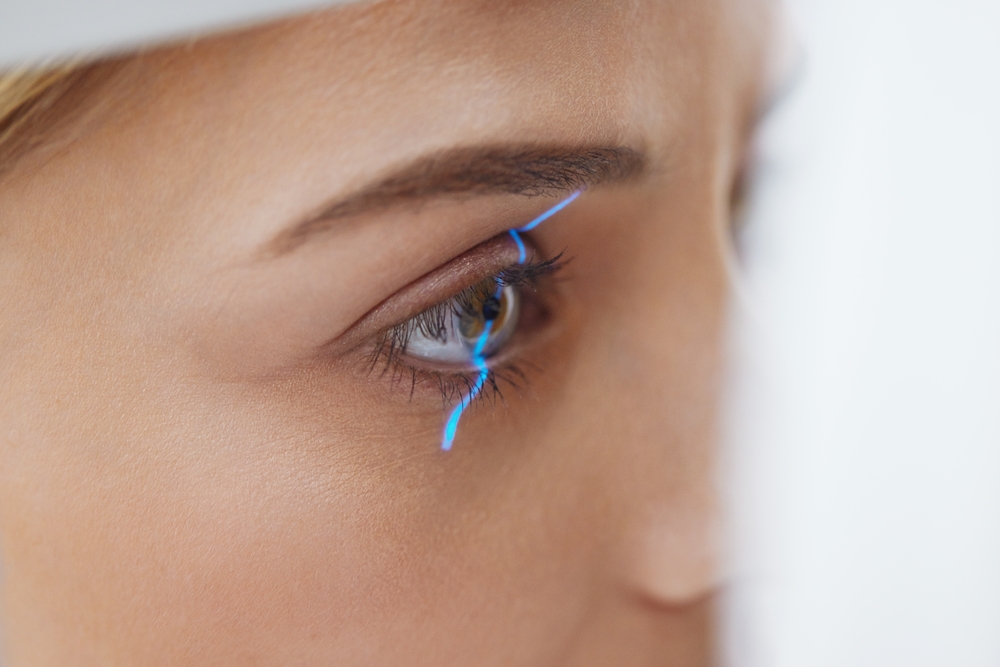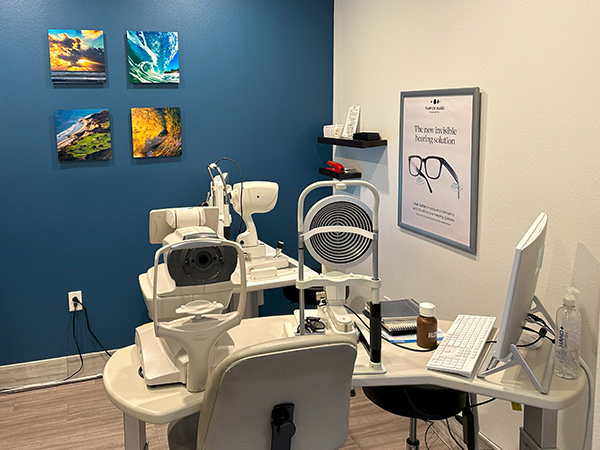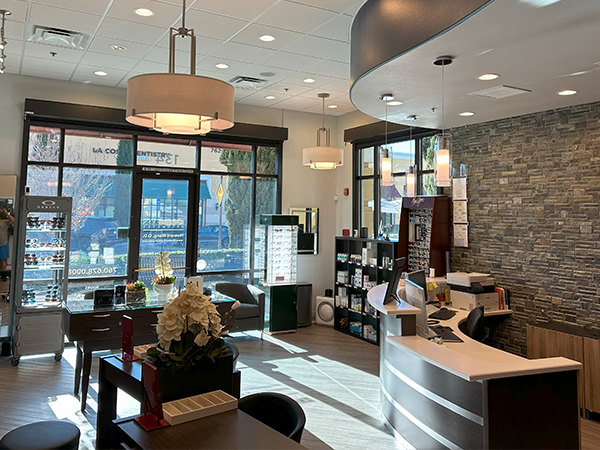
Myopia, commonly referred to as nearsightedness, is a refractive error that causes distant objects to appear blurry while nearby objects remain clear. This condition occurs when the eyeball grows too long or the cornea becomes overly curved, preventing light from focusing properly on the retina.
In recent years, myopia has become increasingly prevalent, particularly in children. While genetics play a role, environmental factors such as prolonged screen time and reduced outdoor activities are also contributing to the rise. Without intervention, myopia can progress, potentially leading to higher prescriptions and increased risk for serious eye conditions like retinal detachment or glaucoma.
The Impact of Myopia on Learning and Academics
Vision plays a crucial role in a child’s academic success. Myopia can interfere with their ability to see the board, follow along in class, or excel in extracurricular activities. Undetected or unmanaged, it can lead to frustration, decreased confidence, and setbacks in learning. Early detection and intervention are vital to ensure children have the visual clarity they need to thrive academically and socially.
Why Regular Pediatric Eye Exams Matter
Regular pediatric eye exams are essential for early detection and management of myopia. Many children may not realize their vision is impaired, which makes it critical for parents to schedule comprehensive exams even if there are no obvious symptoms. During an eye exam, optometrists can assess a child’s vision, track changes in prescription, and identify risk factors for progressive myopia. Early intervention allows for effective management strategies that can slow its progression and reduce long-term risks.
What Is Myopia Management and Why Is It Important?
Myopia management is a proactive approach to slowing the progression of nearsightedness in children. Beyond improving vision, it’s about reducing the risks associated with severe myopia, such as cataracts, glaucoma, and retinal detachment. Effective management not only safeguards your child’s current vision but also their long-term eye health.
Modern advancements in optometry have provided several evidence-based strategies to manage myopia effectively. At Modern Eyes Optometry, we offer the following myopia control options tailored to your child’s unique needs.
Orthokeratology (Ortho-K)
Ortho-K involves the use of specially designed rigid gas-permeable contact lenses worn overnight. These lenses gently reshape the cornea, allowing clear vision during the day without the need for glasses or contact lenses. Beyond convenience, Ortho-K has been shown to slow the progression of myopia by controlling eye growth.
Atropine Eye Drops
Low-dose atropine eye drops are a simple yet highly effective treatment for managing myopia. These drops, applied once daily, help slow the elongation of the eyeball, reducing the progression of nearsightedness. Atropine drops are especially beneficial for children with rapidly progressing myopia.
Multifocal Soft Contact Lenses
Multifocal contact lenses, originally designed for presbyopia, have been adapted for myopia management. These lenses correct vision while simultaneously creating a defocused image on the retina’s periphery, which helps slow eye growth. They are a great option for active children and teens.
Schedule Your Child’s Eye Exam Today
We’re committed to protecting your child’s vision and overall eye health. Our optometrist works with families to develop personalized myopia management plans that fit your child’s lifestyle and visual needs. By combining advanced technology with compassionate care, we strive to give your child the best possible future—both academically and visually.
Contact Modern Eyes Optometry to schedule a comprehensive eye exam and learn more about our myopia control options. Visit our office in Carlsbad, California, call (760) 334-8900, or text (760) 678-0008 to book an appointment today.








